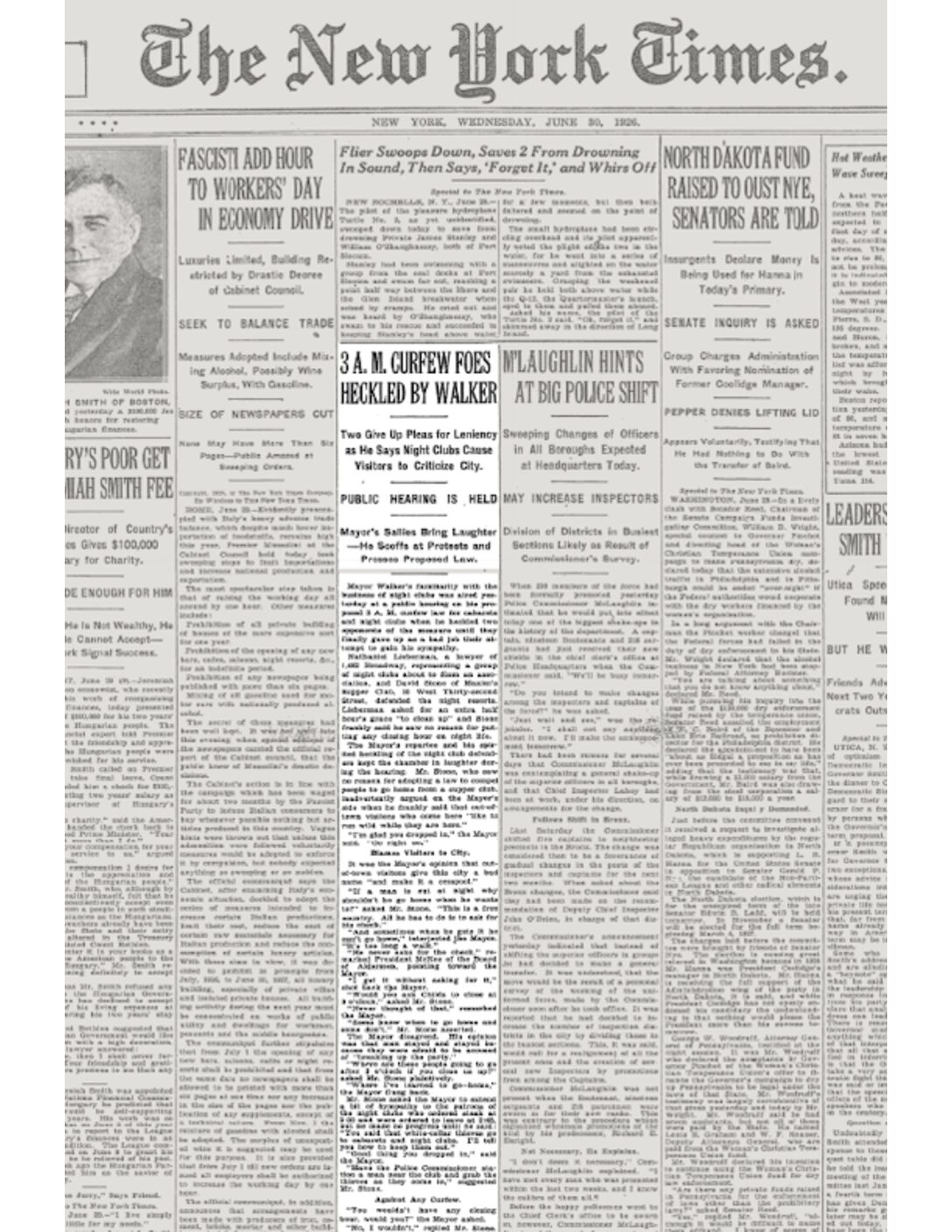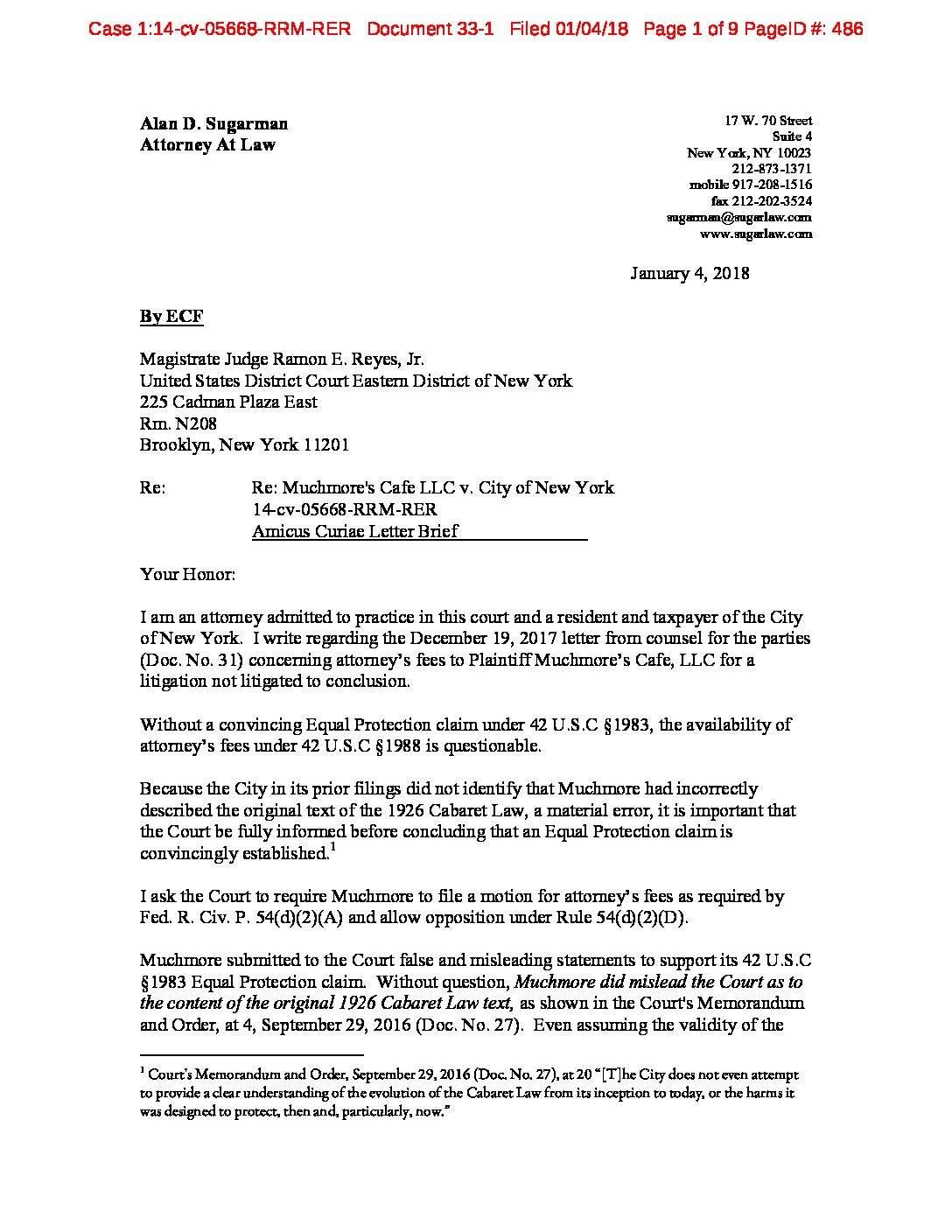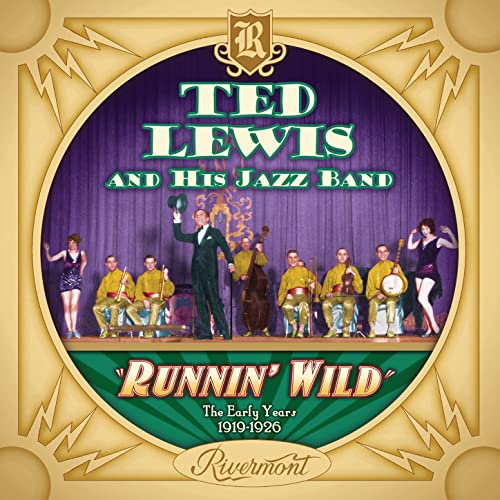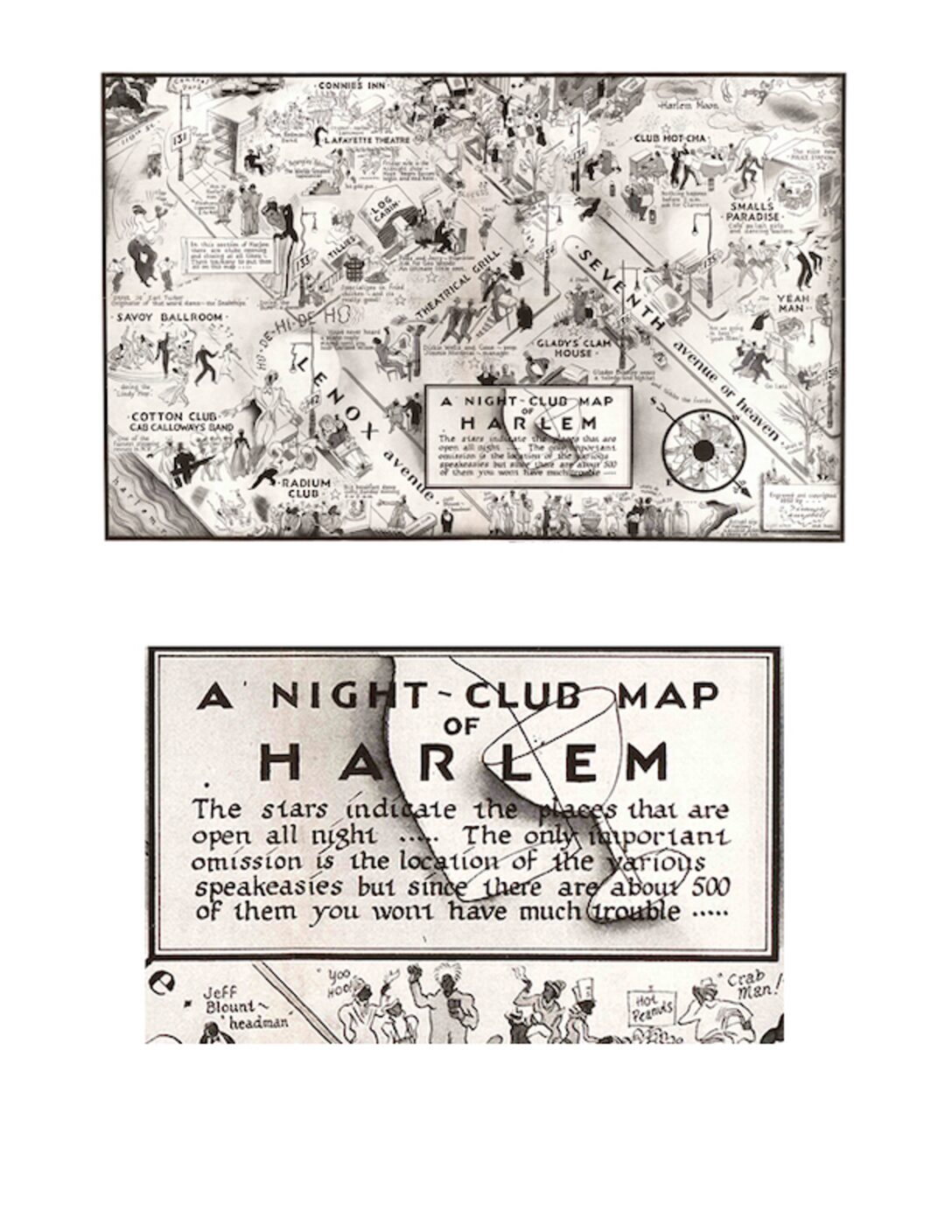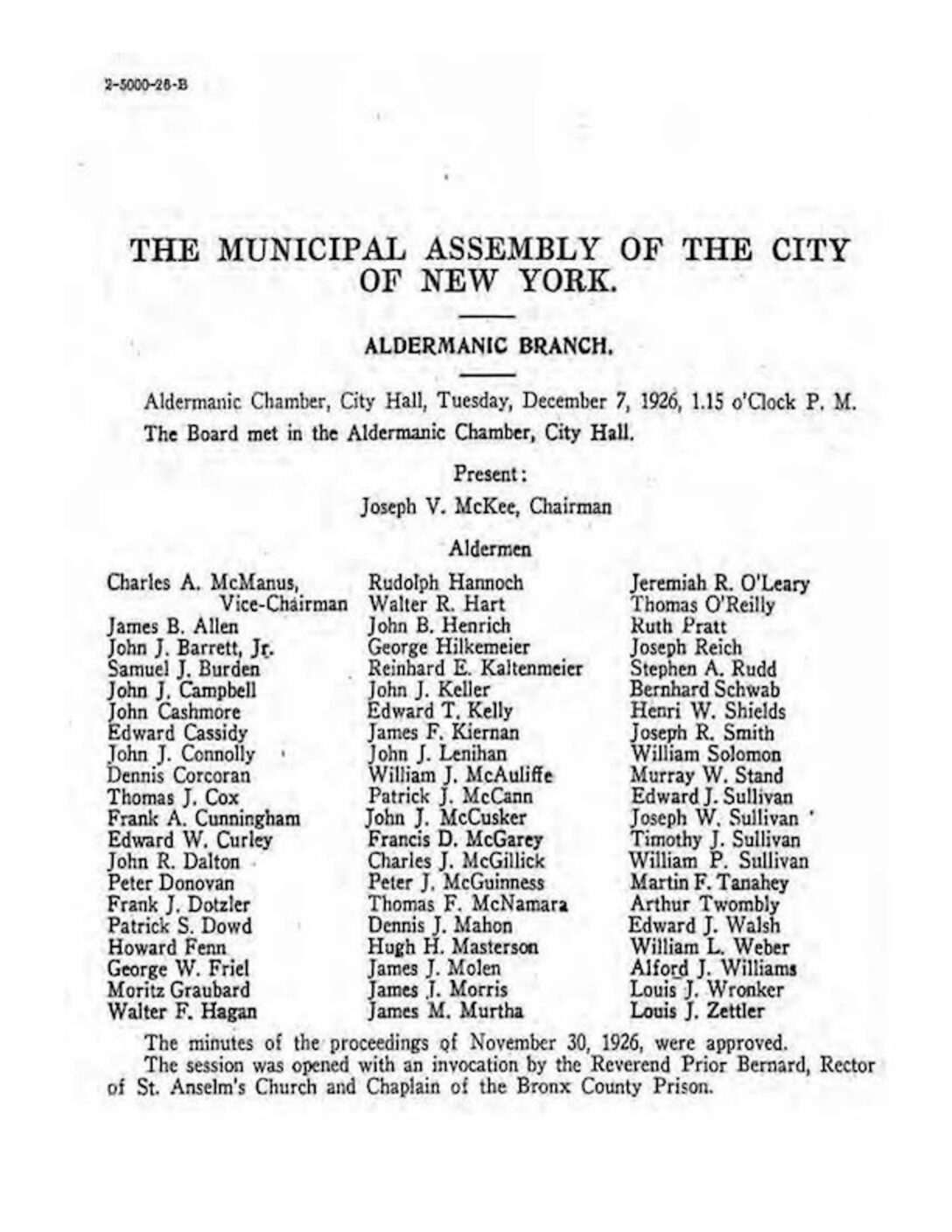A New York Times article from June 30, 1926 describes Mayor Walker’s debating the proposed Cabaret Law curfew and providing contemporary color as to “running wild” and “visitors from outside the city” creating disturbances. The contemporaneous account undermines the implied view that the preamble to the enacted law establishes racism.
Document Category: Cabaret Law Racist Intent?
Sugarman Amicus Letter Refuting Claims of Racist Intent in Original Cabaret Law
Letter Motion to Intervene as Amicus Curiae,
Runnin’ Wild – Most Popular Song of the Roaring Twenties – Confirmation Bias
Those continuing to claim that he 1926 Cabaret Law was intended to target jazz, Harlem clubs, and interracial clubs evidence classic confirmation bias, and continue to maintain this belief despite evidence that the belief is false. An example is the interpretation of the reference to Runnin’ Wild in the comments prefacing the Council adoption of the Law.
A Night Club Map of Harlem – Campbell, E. Simm
If one gives credence to those who claim that the 1926 Cabaret Law was intended to close down Harlem night clubs, this well known 1932 drawing/map shows the thriving club scene in Harlem, only mentioning the 500 speakeasies.
The Cabaret Law did not target black venues when allegedly not allowing jazz instruments in non-licensed establishments.
When challenged, those having a belief that the Cabaret Law was racist justify their belief by claiming that the Cabaret Law allowed classical music instruments playing in non-licensed establishment, and prohibited typical jazz instruments thereby targeting black establishments. There are several problems with this claim: those provisions were placed in the Cabaret Law in 1961 as a way to liberalize the law allowing some live musical performance. This belief ignored the large number of non-black musicians playing jazz during the Jazz Age and the Flapper era. The second reason oft cited for this belief in the language to the introduction of the 1926 bill.
1926 Cabaret Law as Enacted
1926 Cabaret Law: A LOCAL LAW to regulate dance . halls and cabarets, and providing for licensing the same. Very many have opinions and views about the 1926 Cabaret Law, but never have read the law, since it is not available on databases such as Westlaw and Lexis. We obtained the text of the law here from the Archives of the City of New York. Many claim the law was racist and was aimed at black jazz venues was their mistaken belief that the 1926 Law supposedly included a restriction prohibiting drums and saxophones in cabarets. But, such a provision was not added until 1961, and was a relaxation of the law to allow stringed instruments including guitars and violins.
